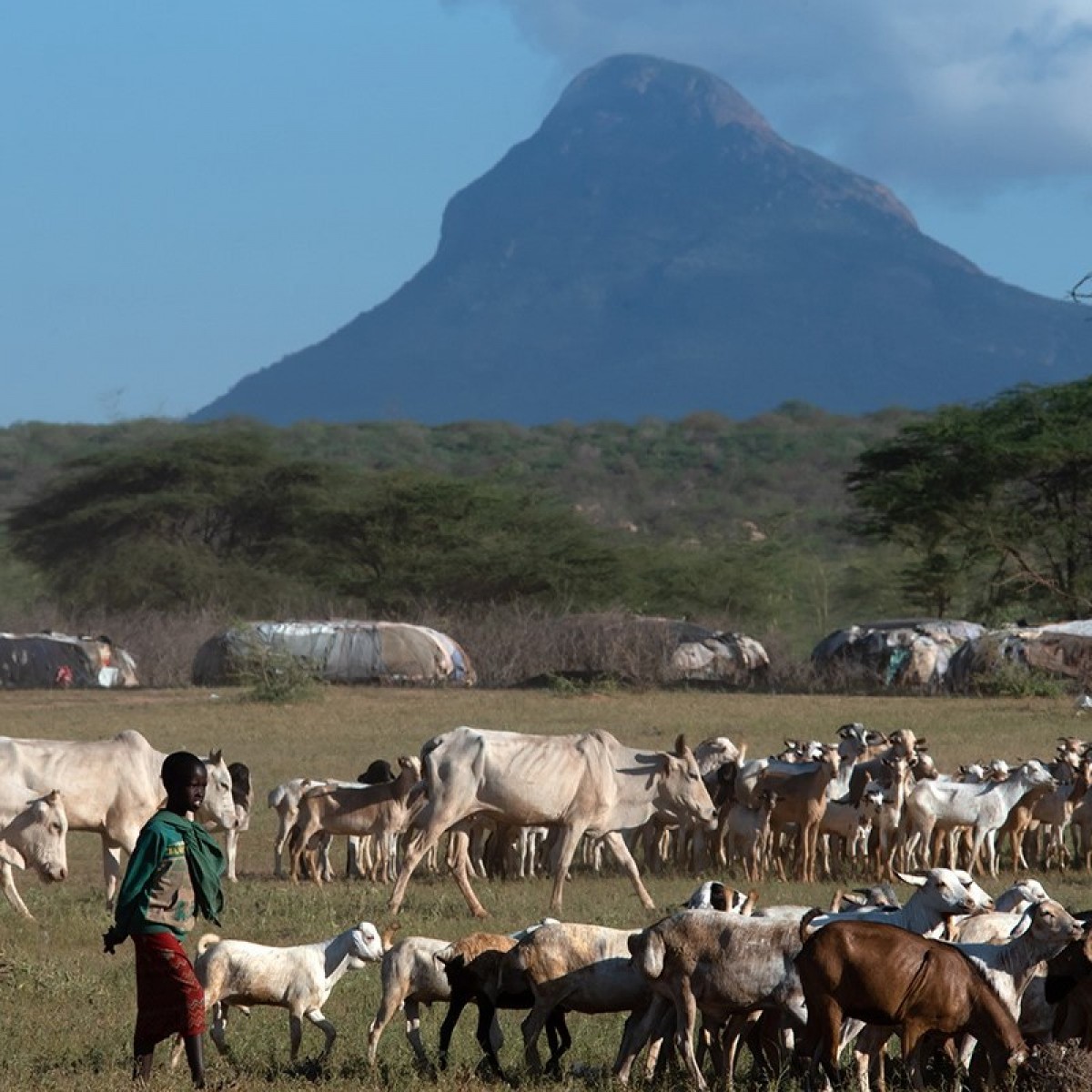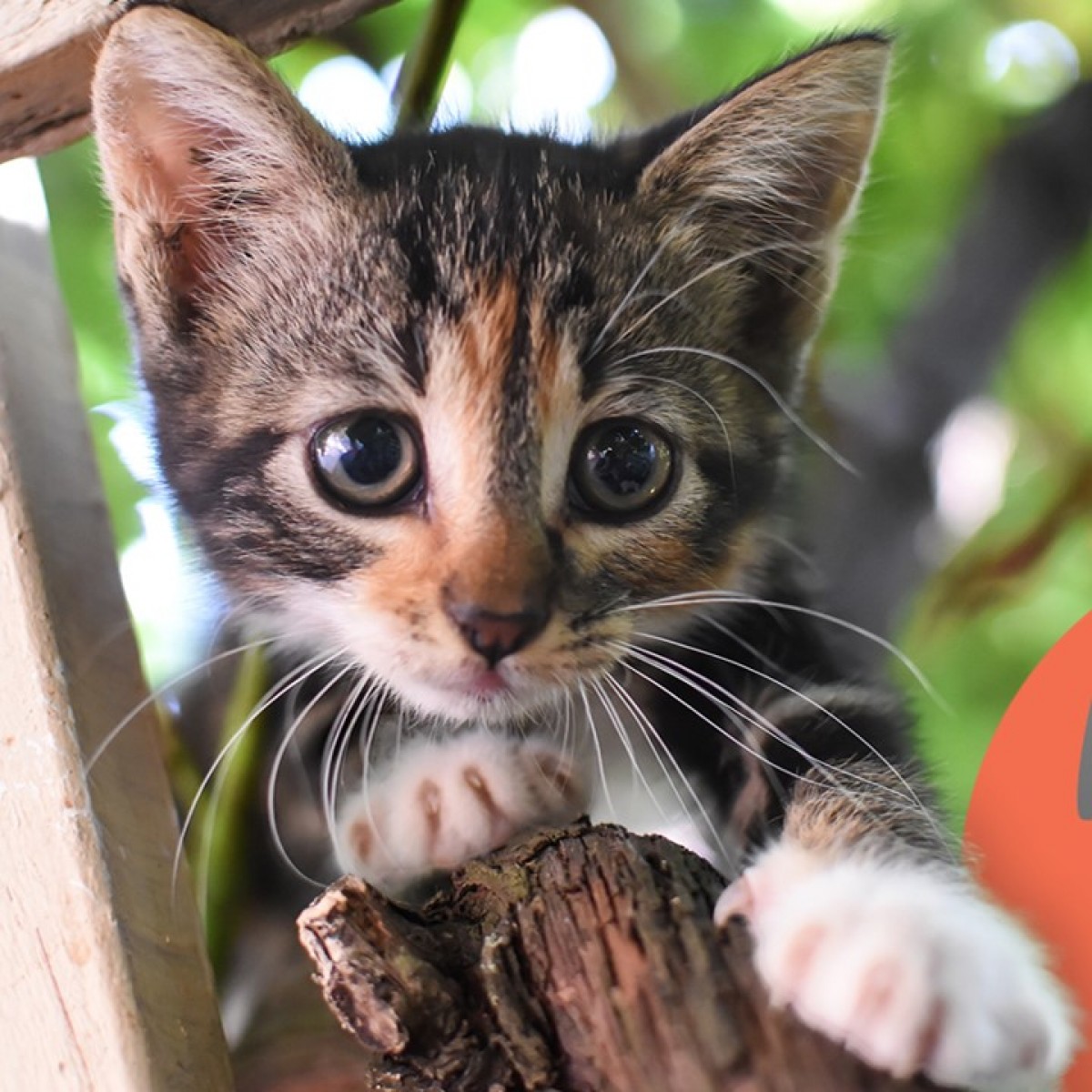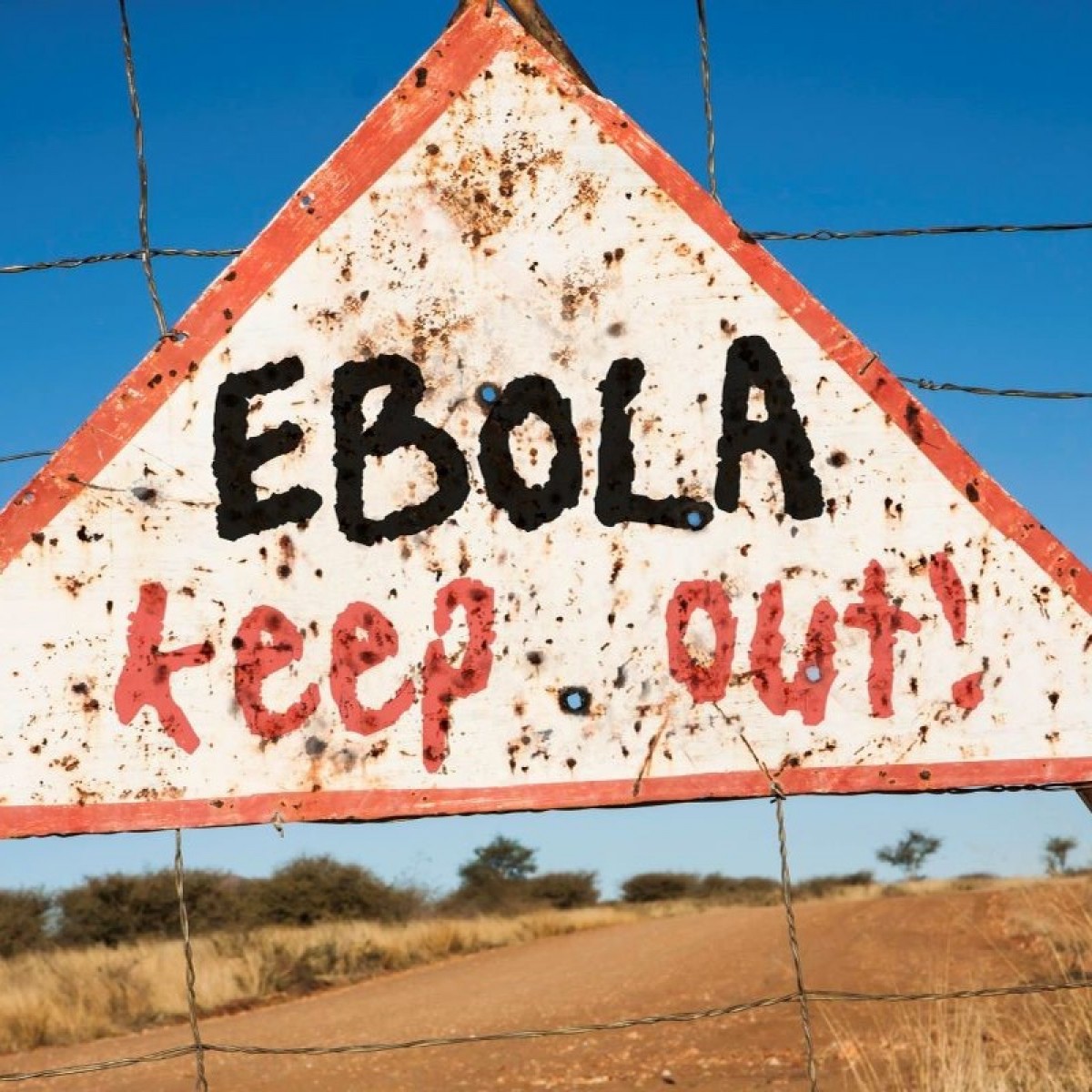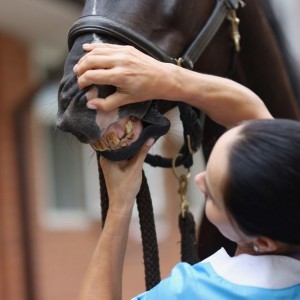WSU researchers join $9.6M push to fight Rift Valley fever
A two-year, $9.6 million effort led in part by Washington State University will help provide a better understanding of the spread and impact of the deadly Rift Valley fever virus in Africa and to prepare for upcoming human clinical trials.
Rift Valley fever is a mosquito-borne illness that can cause severe sickness and death in humans, and it is particularly devastating to livestock herds. Outbreaks have been consistently linked with intense periods of rainfall and flooding, which promotes mosquito breeding and hatching.
First identified in East Africa’s Rift Valley in 1930, outbreaks are becoming more frequent and are spreading into new areas across the continent and the Middle East, threatening health, food security and livelihoods. Yet much about the virus remains unknown, including how it spreads between outbreaks and the full scale of its impact.
“Rift Valley fever is nearly endemic in Africa and poses a growing global risk,” said Kariuki Njenga, a professor in the WSU College of Veterinary Medicine’s Paul G. Allen School for Global Health and senior scientist at WSU Global Health – Kenya. “This project is essential to better understand how the virus spreads, assess the feasibility of vaccine trials and build strategies to protect health and agriculture.”
The project is funded by the Coalition for Epidemic Preparedness Innovations (CEPI), a global partnership working to accelerate the development of vaccines and countermeasures against epidemic and pandemic threats. The goal is to forecast the geographical spread and number of human Rift Valley fever cases in Africa today and in the future, information critical for vaccine development and large-scale clinical trials testing vaccine candidates and other tools. While vaccines exist for livestock, none are currently licensed for human use.
Researchers will analyze historical and current data to better understand how the virus spreads in animal populations, how it spills over into people and which communities are at risk. They will also examine the roles of livestock movement, land-use changes and extreme weather events, all factors thought to contribute to the disease’s expanding range and more frequent outbreaks.
The effort includes two complementary studies focused on epidemiology and computational modeling. The Rift Valley Fever Vaccine Efficacy Trial Studies (RVF-VETS) project, led by WSU Global Health – Kenya, will receive $6.2 million, while the Rift Valley Fever Epidemiology and Modelling to Inform Vaccine Efficacy Trials (REMIT) project, led by the Kilimanjaro Clinical Research Institute in Tanzania with WSU as a partner, will receive up to $3.4 million.
RVF-VETS researchers will use infection data in East Africa, along with climate projections, to predict outbreak hotspots in Kenya, Uganda, and Tanzania — regions with some of the highest Rift Valley fever burdens. These models will help identify potential sites for future human vaccine trials.
“It may take five or more years to develop and distribute a vaccine, so what does the future look like?” said Njenga, principal investigator for the RVF-VETS project, which includes a consortium of seven institutions. “That’s why we are forecasting both short-term and long-term up to 15 years out.”
The REMIT project will expand the effort by incorporating datasets from south and west Africa. By combining continent-wide data and building dynamic models, researchers aim to predict when and where human cases may occur. Researchers are especially interested in what happens between outbreaks.
“In between these periods of high rainfall, the virus seems to disappear, but it obviously still persists,” said Felix Lankester, a professor in WSU’s Allen School who is serving as a co-investigator for the REMIT project. “Understanding these quieter phases is critical for developing control programs and determining how best to deploy vaccines.”
The virus is particularly destructive to livestock, causing widespread illness and mass abortions in cattle, goats and sheep. These “abortion storms,” as Lankester describes them, devastate herds and can ruin the livelihoods of livestock keepers.
Since human cases typically follow weeks later — with most people experiencing flu-like symptoms but a smaller proportion developing hemorrhagic fever, which can be fatal — researchers plan to evaluate whether monitoring livestock abortion can serve as an early-warning system for human outbreaks.
“Rift Valley fever is more than a health issue — it’s a challenge to food security, trade and entire economies,” Njenga said. “By working with partners across the globe, this project will give us the knowledge we need to stop outbreaks before they spiral and to lay the foundation for a human vaccine.”
Author: Devin Rokyta
Source: https://news.wsu.edu/







.jpg)






List
Add
Please enter a comment